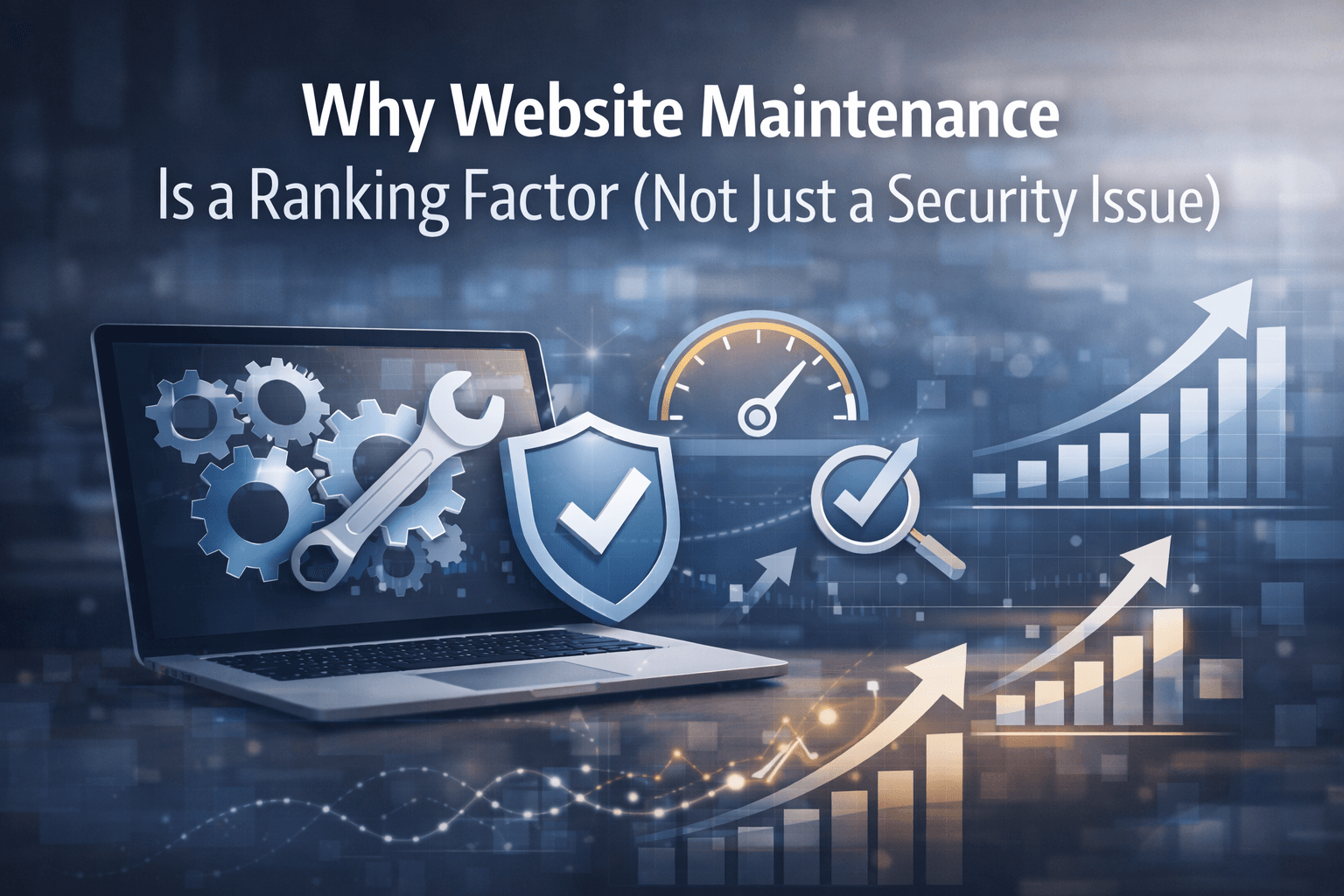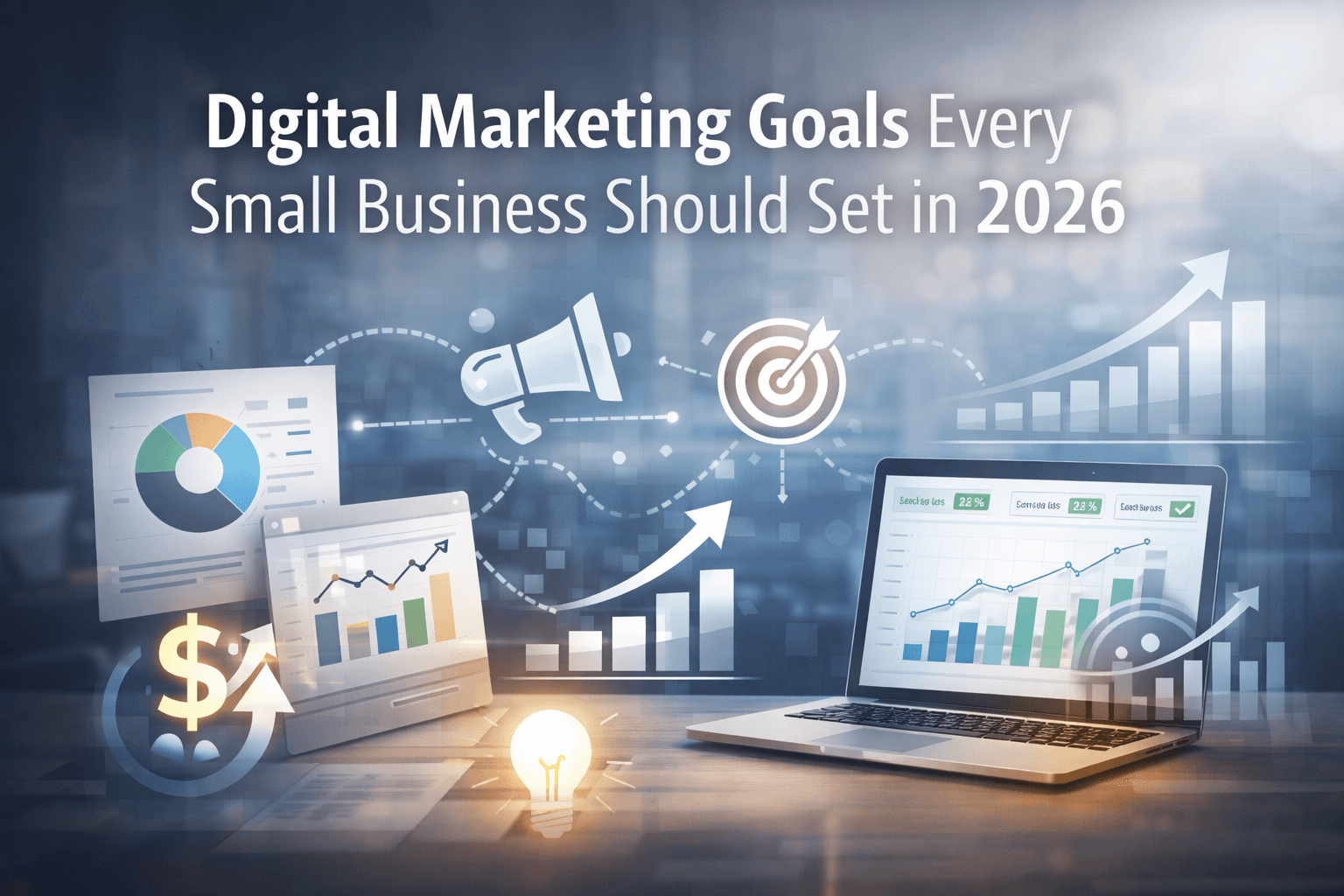Technology and connectivity shape how we interact, digital marketing is no longer just for businesses seeking profits. Nonprofits are increasingly embracing the power of digital platforms to raise awareness, engage communities, and secure the funds they need to support their missions. By leveraging digital marketing strategies, nonprofits can amplify their voices, making a significant difference in their outreach efforts.
Whether it’s through social media, search engines, or email campaigns, digital marketing offers nonprofits a cost-effective, data-driven, and scalable way to connect with supporters and tell their stories. But how can nonprofits effectively use digital marketing to further their mission? This blog post will explore how digital marketing tools can help nonprofits achieve greater impact, with practical tips for each channel.
The Unique Challenges Nonprofits Face
Nonprofits face unique challenges that differ from for-profit organizations. Many operate with limited resources, both in terms of budget and personnel. Additionally, they may need help to cut through the noise of commercial advertising to communicate their cause. Here’s where digital marketing comes into play—it allows nonprofits to engage supporters and the public more efficiently and effectively.
However, digital marketing strategies that work for for-profit businesses often need to be tweaked to align with the goals and values of nonprofit organizations. Instead of focusing on sales or customer acquisition, nonprofits prioritize mission-driven activities such as raising awareness, driving donations, recruiting volunteers, and communicating with their supporters.
Why Digital Marketing Matters for Nonprofits
Digital marketing allows nonprofits to reach people where they already are: online. According to recent studies, over 60% of the global population is now online, and that number continues to grow. This presents a unique opportunity for nonprofits to engage with potential donors, volunteers, and advocates from around the world.
Here are some reasons why digital marketing is crucial for nonprofits:
- Wider Reach: Nonprofits can expand their message beyond local communities and connect with supporters globally.
- Cost-Effective: Digital marketing offers affordable options compared to traditional forms of advertising like TV or print.
- Data-Driven: With access to analytics and reporting, nonprofits can track the success of their campaigns and optimize their strategies accordingly.
- Personalized Engagement: Nonprofits can create tailored content to speak directly to their target audience, making their messaging more compelling and actionable.
- Immediate Communication: Through digital platforms like email and social media, nonprofits can quickly respond to emerging events and urgent needs, maintaining relevance and engagement.
Now let’s break down some of the key digital marketing channels that nonprofits can use to amplify their mission.
1. Building a Strong Website: The Digital Hub of Your Nonprofit
A well-designed website is the cornerstone of any nonprofit’s digital marketing strategy. It serves as the central hub where donors, volunteers, and supporters go to learn more about the organization, its mission, and how they can get involved.
Key Features of a Successful Nonprofit Website
- Clear Mission Statement: Make sure your nonprofit’s purpose is front and center. Visitors should understand who you are and what you stand for within the first few seconds of landing on your site.
- Easy Donation Process: Include a donation button on every page, making it easy for people to contribute at any time. The process should be simple, secure, and user-friendly.
- Engaging Content: Share stories, blog posts, and videos that highlight the work your organization is doing. Personal stories of those who have benefited from your nonprofit’s efforts can build an emotional connection with your audience.
- Volunteer Sign-Up: If your nonprofit relies on volunteers, make it easy for people to sign up directly on your website. Highlight volunteer opportunities and make the registration process seamless.
- Optimized for Mobile: A significant portion of your visitors will access your website from mobile devices, so ensure that it is responsive and easy to navigate on smaller screens.
2. Social Media: Engage, Inspire, and Build Community
Social media platforms provide nonprofits with the ability to engage with their audience on a more personal level. Platforms like Facebook, Instagram, Twitter, and LinkedIn offer opportunities to share stories, raise awareness, and drive action.
Tips for Nonprofits on Social Media
- Create Compelling Content: Nonprofits should focus on storytelling—sharing the real-life impact of their work. Photos, videos, and testimonials can help humanize your cause and inspire followers to take action.
- Engage Your Audience: Social media is not a one-way street. Respond to comments, ask questions, and encourage your supporters to share their own stories. This type of engagement builds a sense of community around your cause.
- Hashtags and Campaigns: Use relevant hashtags to increase your visibility and join larger conversations. For example, campaigns like #GivingTuesday allow nonprofits to tap into a global movement of giving.
- Call to Action (CTA): Always include a call to action in your posts. Whether it’s asking followers to donate, sign up for a newsletter, or attend an event, make it easy for them to take the next step.
Example: Charity: Water
Charity: Water is a prime example of a nonprofit organization that has successfully used social media to amplify its mission. By sharing stories of individuals who have gained access to clean water through their projects, they inspire their audience and mobilize support. Their use of compelling visuals, personal stories, and clear CTAs has resulted in a highly engaged online community.
3. Search Engine Optimization (SEO): Attract New Supporters
SEO helps your nonprofit’s website appear in search engine results when people are looking for causes similar to yours. By optimizing your site’s content, you can increase the visibility of your organization and attract more supporters organically.
Key SEO Strategies for Nonprofits
- Keyword Research: Identify the terms your audience is searching for and incorporate those keywords naturally into your content. For example, if you’re a nonprofit focused on animal welfare, keywords like “animal rescue,” “volunteer at animal shelter,” or “adopt a pet” should be part of your strategy.
- Quality Content: Regularly publishing high-quality blog posts, news updates, and educational content can help improve your search rankings. Answer common questions your audience may have about your cause or provide updates on your latest initiatives.
- Local SEO: If your nonprofit operates within a specific region, focus on optimizing for local searches. This includes setting up a Google My Business profile and ensuring that your location and contact details are up-to-date.
- Backlinks: Collaborating with other organizations or getting featured in news articles can help your website earn valuable backlinks, which boost SEO.
Example: The American Red Cross
The American Red Cross leverages SEO by consistently publishing relevant content on disaster relief, preparedness, and volunteerism. Their site is a hub of educational resources, which not only helps people understand the organization’s work but also drives organic traffic through search engines.
4. Email Marketing: Personalize Your Outreach
Email marketing is one of the most cost-effective digital marketing tools for nonprofits. It allows you to maintain regular communication with your supporters, provide updates, and run fundraising campaigns.
Best Practices for Nonprofit Email Campaigns
- Segment Your Audience: Divide your email list into segments based on donor history, event attendance, or volunteer activity. This allows you to tailor your messaging to specific groups, increasing the likelihood of engagement.
- Tell Stories: Share the impact of your nonprofit’s work through compelling stories. Including photos and testimonials can make your emails more engaging.
- Clear Calls to Action: Every email should include a clear and specific CTA, whether it’s a link to donate, sign up for an event, or read more on your blog.
- Follow-Up: After a campaign or event, send follow-up emails to thank your supporters and provide updates on the impact of their contributions.
Example: Habitat for Humanity
Habitat for Humanity uses email marketing to keep their supporters informed about new projects, success stories, and opportunities to get involved. Their emails are highly personalized, often segmented based on past involvement, making recipients feel more connected to the organization.
5. Paid Advertising: Extend Your Reach with Google Ad Grants
Google Ad Grants provide eligible nonprofits with up to $10,000 per month in free Google Ads. This program allows nonprofits to advertise their cause on Google’s search engine results page, reaching a larger audience and driving traffic to their website.
How Nonprofits Can Use Google Ad Grants
- Promote Fundraising Campaigns: Use Google Ads to promote your fundraising initiatives or events, driving more visibility and participation.
- Increase Volunteer Sign-Ups: Ads can target individuals looking for volunteer opportunities in their area, directing them to your site’s volunteer registration page.
- Raise Awareness: Promote educational content or cause-related resources that can drive more traffic to your website, helping people understand the issues your nonprofit addresses.
Example: The Trevor Project
The Trevor Project, which focuses on crisis intervention for LGBTQ+ youth, has used Google Ad Grants to increase their visibility and drive traffic to their website. By targeting relevant keywords, they can reach individuals in need of their services while raising awareness about mental health issues.
Digital marketing is an invaluable tool for nonprofits looking to amplify their mission and reach a broader audience. By building a strong online presence through an optimized website, engaging social media, SEO, email marketing, and even paid advertising, nonprofits can more effectively raise awareness, secure donations, and inspire action.
For nonprofits, the key to success in digital marketing lies in consistency, storytelling, and personalization. Each interaction with a supporter should reinforce the mission of the organization and make it easy for people to take action.
At 301 Branding, we understand the unique challenges nonprofits face in the digital space, and we’re here to help. From SEO optimization to social media management and beyond, our team of experts is committed to amplifying the voices of those working to make the world a better place.
Table of Contents
Continue Exploring!
Many businesses think of website maintenance as a purely technical task—something that keeps hackers out and software up to date. While security is important, it [...]
As digital platforms continue to evolve, many small businesses enter a new year with the same vague objective: “do more marketing.” Unfortunately, without clearly defined [...]
Many businesses invest in a website with the expectation that it will generate leads, build credibility, and support growth. But in practice, a lot of [...]
If you run a plumbing, electrical, or HVAC business in Charlotte, Lake Norman, or anywhere across the Carolinas, you already know how competitive the home [...]
Share This Story, Choose Your Platform!
Propel Your Business with 301 Branding
At 301 Branding, we grasp the unique dynamics of your business. Our digital presence marketing strategies are tailored to highlight your strengths, and build a commanding online presence. Let’s transform how the world sees your business and enhance your path to success.




